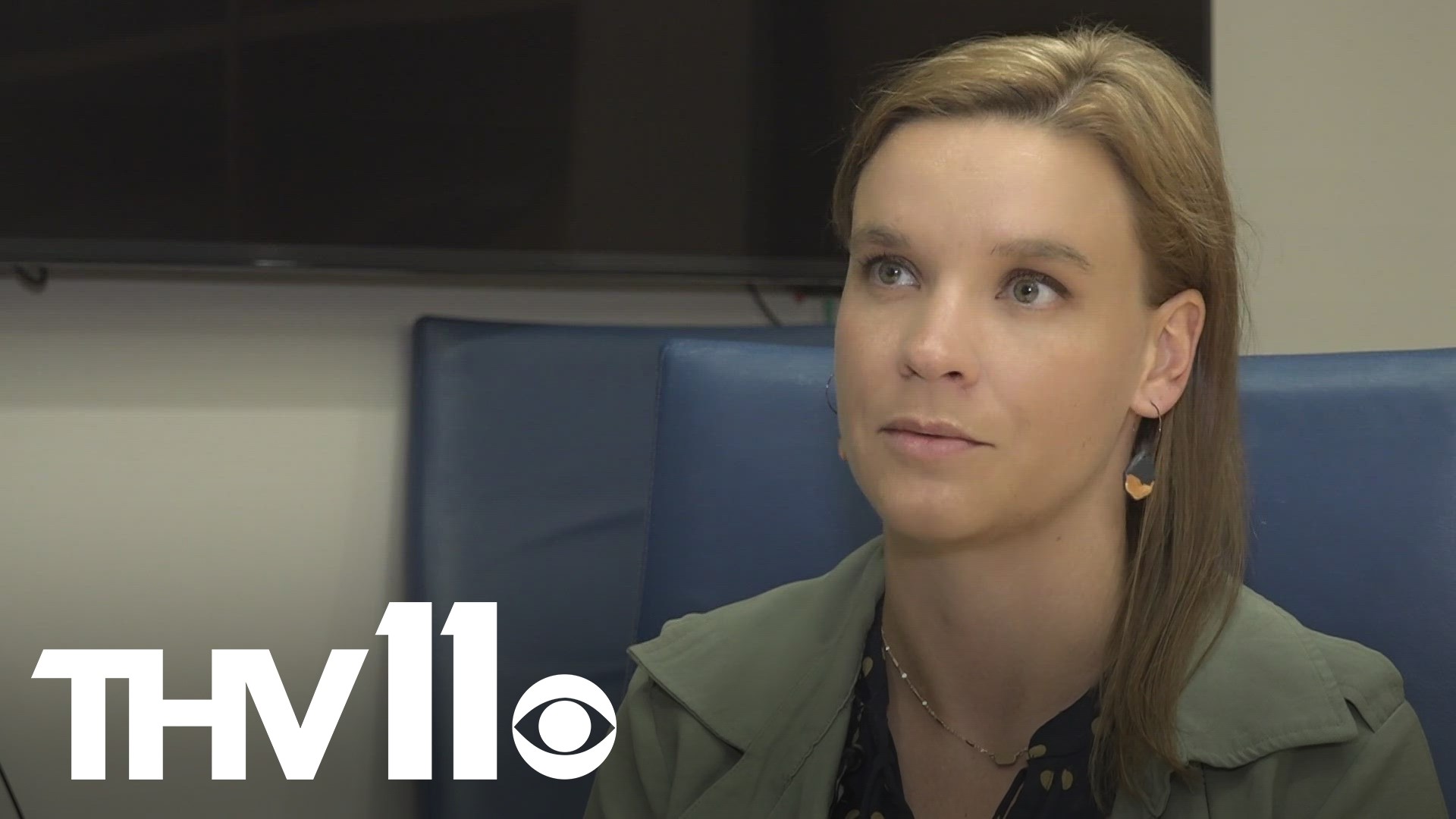LITTLE ROCK, Ark. — According to the Arkansas Drug Take Back program, on average there are 188 Americans die every day from a drug overdose.
A new UAMS program now aims to lower that number and save lives.
With a $1-million grant, UAMS is creating a Naloxone training program with the goal of educating people statewide on how to prevent opioid overdose deaths.
"We've had a lot of focus here in the bigger city of Little Rock. But we really feel that out in the rural areas, they're still very much struggling. The state as a whole is struggling from opioid overdoses," UAMS ANET Program Director, Meghan Breckling said.
Breckling has been pushing to change that through the Arkansas Naloxone Education Training Program where she serves as the program's director.
"The availability of lifesaving medication, like Naloxone is so important to get that information out to people because it doesn't take, you know, a whole lot of training to be able to use it. And it is something that could save a life potentially," she explained.
The program plans to teach 125 Naloxone education trainers over the next five years, and each of them will deliver two community-based classes each year.
"We're hoping to, you know, get close to 8,000 is kind of a goal of the training program. And, of course, you know, we don't want to limit people, if they want to learn about it, we'll try to accommodate that, and try to reach as many people as we can," she said.
UAMS College of Pharmacy Associate Professor Megan Smith said she's eager to get more pharmacists involved in the training.
"It's just something that I think everyone at a community pharmacy, at least one person in every pharmacy should know," Smith said.
Smith is requiring all of her trainees in her residency program to go through the training.
"Just the more who know the better," she added.
Breckling said some of the signs of an overdose include unresponsiveness, slowed or stopped breathing pale or clammy skin, and blue lips or fingers.
If you or anyone you know experiences an overdose, call 911.

